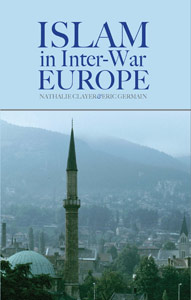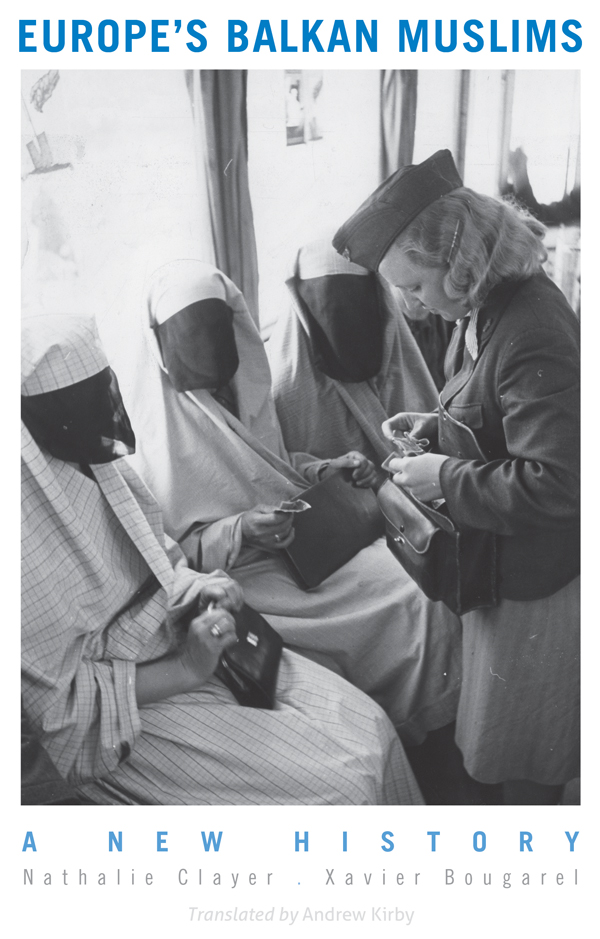Description
In the enormous literature on the Muslim world, one of the few gaps in our knowledge is the status of Islam in inter-war Europe, an imbalance this book aims to address. The Muslim population of Europe in the period from 1918-1939 was not one of isolated islands of belief and practice. Rather, there was far more interaction between Muslim communities than had hitherto been imagined. For example, there was much correspondence and exchange of ideas between the Ahmadi-Lahori missions of Berlin and Woking, near London, and Albanian religious leaders. Other topics discussed in this book include the earlier than imagined emergence of notions of a distinctly ‘European’ Islam, the fraught interplay of politics and Islam, especially the development by some governments of Muslim ‘agendas’, the richness and importance of debates within Europe’s Muslim community, the attempts by the Nazis to foment ‘jihad’ and the modus operandi of trans-national networks.
Author(s)
A specialist on Albanian Islam, Nathalie Clayer is a Senior Researcher at the Centre for Turkish, Ottoman, Balkan and Central Asian Studies at EHESS in Paris. She is also a historian of religion and nationalism in the Ottoman and post-Ottoman eras.
Eric Germain is a researcher at the Institut d Etudes de l Islam et des Societes du Monde Musulman (IISMM).

